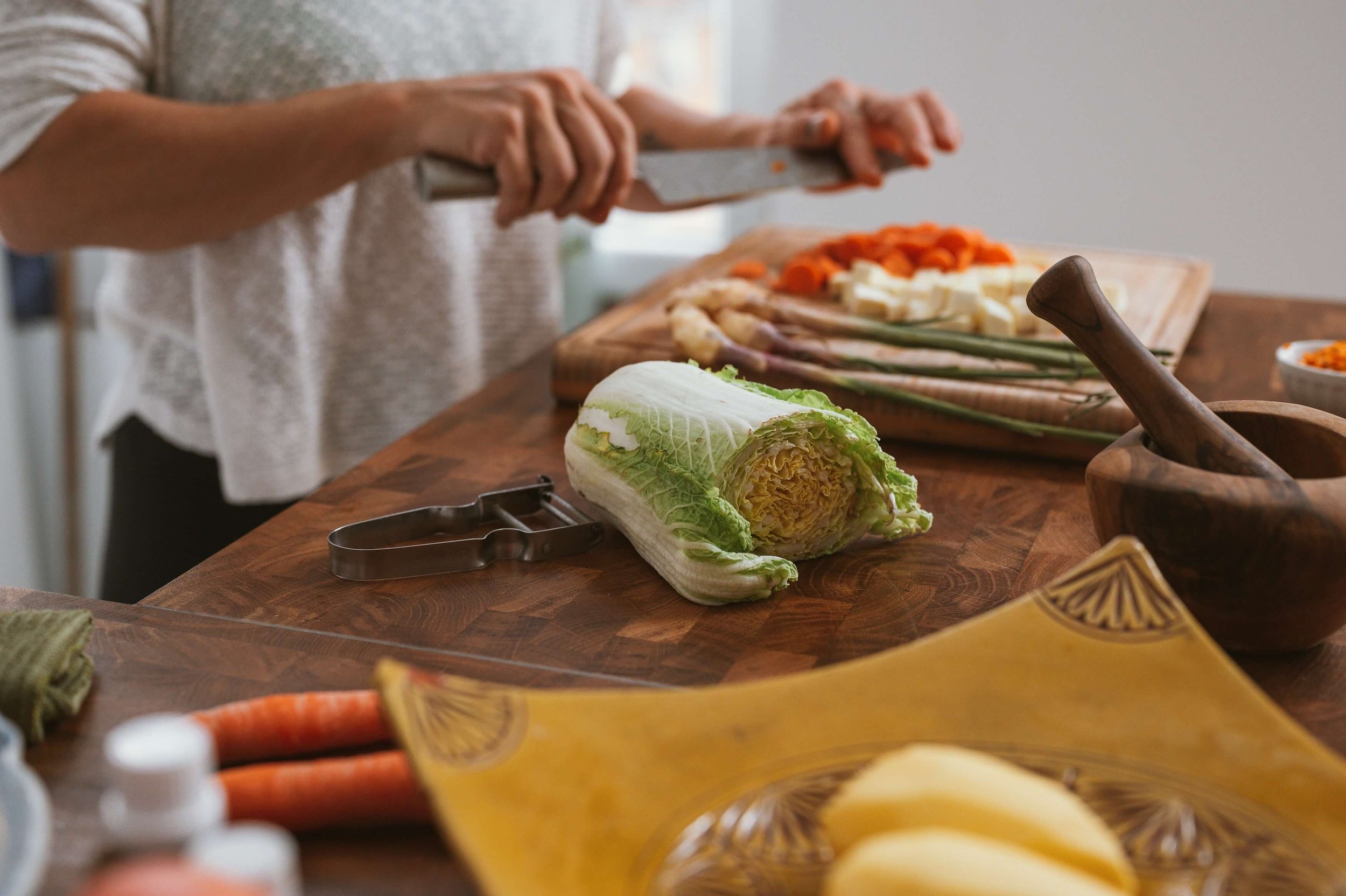
Who We Are
The North West Resource Recovery & Recycling (NWRRR)
Who we are
North West Resource Recovery and Recycling (NWRRR), is a project of the Cradle Coast Waste Management Group (CCWMG). This group seeks to improve waste management and resource recovery from a regional perspective, providing efficiencies and economies of scale and providing specialty waste reduction services in the North-West of Tasmania.
The CCWMG currently represents nine local councils including:
Burnie City
Central Coast
Circular Head
Devonport City
King Island
Latrobe
Kentish
Waratah-Wynyard
West Coast
Dulverton Regional Waste Management Authority (DWM), co-ordinates and provides project management support and waste expertise to the CCWMG.
The NWRRR FOGO and recycling project is a collaboration of Central Coast, Devonport, Latrobe, Kentish and Waratah-Wynard Councils in 2024 with Burnie and Circular Head Councils joining the program in September 2025.
North West Resource Recovery & Recycling is supported by the Tasmanian Government, through the Tasmanian Waste and Resource Recovery Board.
FOGO
RECYCLING
LANDFILL
What we do and why
The NWRRR project is about increasing resource recovery through improved recycling and organics collections in the North-West region.
The Tasmanian Government introduced a landfill waste levy in 2022 as a long-term approach to improving waste management and resource recovery in Tasmania. This means that the cost of sending waste to landfill is increasing – from July 2024 it costs Councils almost $45 per tonne and by July 2026 this is expected to increase to more than $70 per tonne in state tax.
You can read more about the landfill levy HERE.
Research shows that Tasmanians generate over 900,000 tonnes of waste each year. So to save money and protect the environment we need to make sure we reuse, recycle or avoid as much of this waste as possible.
The NWRRR is working to make this happen for the North-West region over the coming years. Starting in 2024, the project will deliver a regional contract for food and garden organics (FOGO) collection and treatment, promoting proper sorting and diversion of organic materials.
The project will also deliver education to increase the amount of recycling collected and reduce contamination in the material collected.
Further activity will be announced as it becomes formalised.
Council Collection Schedules







